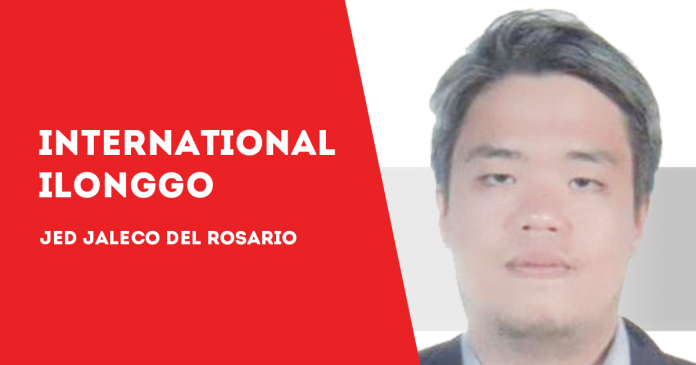
SO ONE of the big news earlier this week was President Rodrigo Duterte’s flight to Russia, and his goal to establish stronger ties with Vladimir Putin.
Back during the Aquino Administration, I read a report that because of geopolitical considerations, Russia and the Philippines would have to hold off on deeper ties. Obviously, Duterte is trying to break that mold, but his efforts may not be enough to overcome certain geopolitical realities.
The Philippines has a thalassocratic legacy; that is to say our nation’s core interests are based around the sea, not only because of our archipelagic doctrine but also because we are one of the gateways that separate Asia from the Pacific. Additionally, because of our seafaring legacy, the Philippines is a nation that is based around maritime trade and the sealanes.
In contrast, Russia has been a land-based Empire throughout most of its history, and even during the age of the Soviet Union, it was still a largely landlocked empire that extended its influence through railways and roads rather than ports and ships. And although Russia has always desired ports and blue water navies, its core geopolitical interests involve real estate, not salt water.
Now, that is not to say that we could never have closer interests with Russia but as things stand, closer Russian-Philippine relations are not a big priority for either of our countries for the rather simple reason that our core geopolitical interests are too different. President Duterte can forge stronger ties all he wants, but his actions will not likely have long term results.
The Philippines’ interests are more aligned with China, the United States and the ASEAN. We also share certain interests with Latin America, but that’s another story. Russia is different, though. As a Eurasian and Orthodox Nation, we have little in common with them in terms of cultural, historical, religious or even ethnic grounds. So not only are our core geopolitical interests different, we also have very little in common relatively speaking.
Despite these differences, however. There remains the possibility of future rapprochement. If Russia were to regain some of its old military and economic power, and if it could stabilize its economy and demography, then they may want to establish a stronger presence in South East Asia, partly to check rivals and partly to extend trade. The Philippines could fill this role, much the same way Cuba had been a critical ally of the Soviet Union during the latter half of the 20th century, though it’s worth mentioning that it will be full of risks.
And that’s really where Russian-Philippine relations stand. We are very different nations, and though our core geopolitical interests are not currently aligned, the possibility of stronger, closer relations exist albeit conditonally. And President Duterte’s actions with regards to Russia may become the foundation of such future rapprochement./PN





